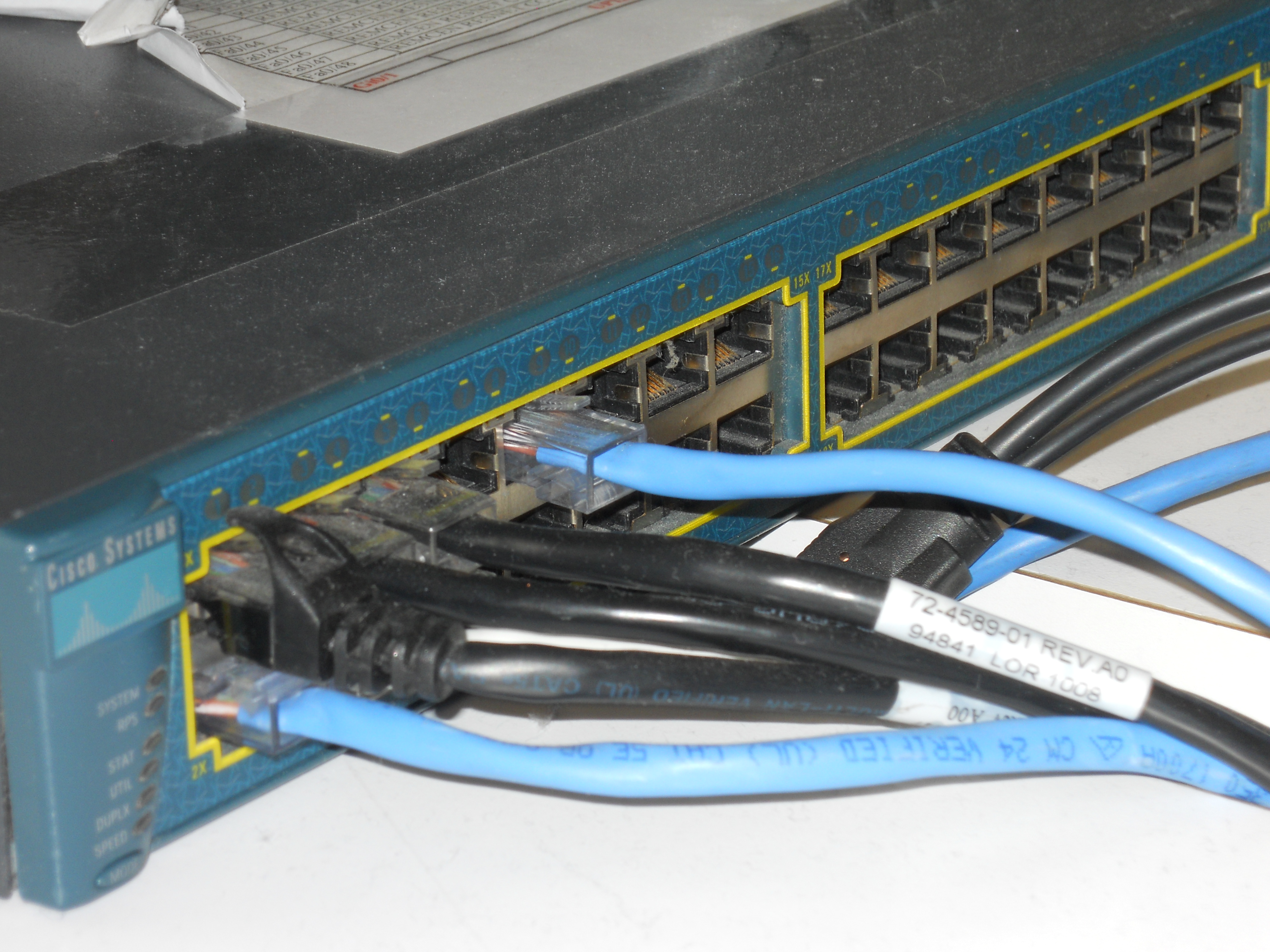
IT services gets proactive with comm room monitoring

What has the potential to greatly reduce the chance of network downtime across campus, resulting in an improved computing experience for everyone?
IT services invested time and resources this summer to amp up everyone’s basic technology services. One of these projects took technicians to dark corners and locked spaces.
How will this deliver on the promise of more stable service? By replacing the monitoring system used in the the 4,000 square foot IT services Data Center in Hoyt Hall and the comm rooms that are in nearly every building on campus.
According to Dave Beitz, manager for data center operations, the new system, known as Data Center Expert is replacing the ISX Manager. He compares it to replacing a worn down family sedan with a brand new Cadillac.
The new system checks environmental parameters like temperature and humidity, plus power usage, including UPS (Uninterruptible Power Supply) updates and battery life. Alerts can be set for specific readings. For example, in the data center alerts are triggered when the following criteria are met:
- Temperature outside the 40-85 degree range
- Humidity outside the 40-60 percent range
- UPS goes to battery
Beitz prefers to get his alerts via email, but he also keeps tabs on the data center through a customizable real-time data dashboard or he can access the data via a mobile device. Alerts are also triggered in comm rooms or the data center when a UPS is activated, or sensors indicate a battery is particularly low.
“One of the biggest advantages of the new system is the better reporting,” Beitz noted. This includes trending reports (for things like temperature averages) and forecasting (including future energy consumption). “The improved data monitoring also allows members of IT services to be proactive in preventing things like network outages and downtime due to battery failures or environmental issues,” Beitz said. That means less inconveniences to the Miami faculty, staff and students.
It may seem obvious why extreme temperatures are not good on electronics, but humidity, and the lack of, can also cause problems, according to Beitz. “Too little humidity can cause static which increases the chance of circuit failures, and too much humidity can cause the advancement of corrosion.”
The upgrade involved adding a new virtual server and additional sensors throughout the data center and comm rooms. To put the scope of this system into perspective, there are approximately 250 comm rooms on the Oxford campus. These rooms contain network switches for data (and in some cases phones), cable television amplifiers, and UPS units for battery backup during power outages. Basically they are the home for the IT infrastructure for a building or part of a building.
It is pretty obvious when an IT system goes down, and it can be extremely frustrating. But, hopefully the likelihood of that happening has gone down with the addition of the Data Center Expert. And now you are also more aware of what goes on in the comm closets.
